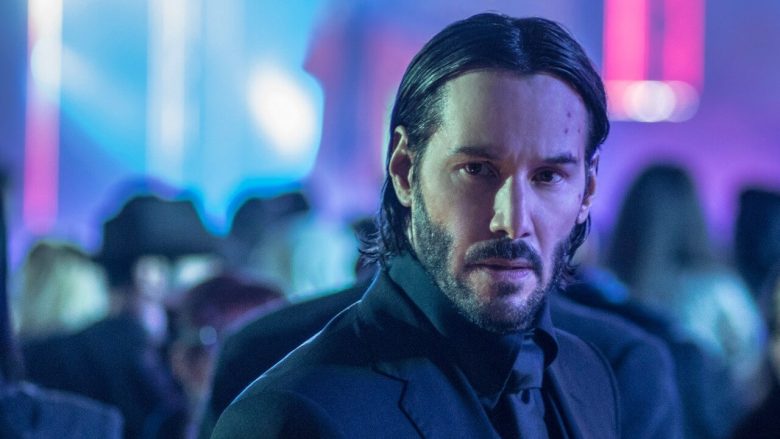Why Is Hollywood Obsessed with Hit Men Movies?
They're not woke, at all, but the industry spits them out with shocking regularity

“The Hitman’s Wife” seemed an odd choice for a franchise.
The 2017 film pairing Samuel L. Jackson with Ryan Reynolds is the epitome of “turn your brain off” cinema. The film hauled in $75 million domestically despite mediocre reviews. Global audiences inflated its box office haul by another $100 million.
Not bad. Tidy, even. Still, the thought of a sequel and, by extension, a franchise, seemed a stretch. Unless you consider a second factor.
Hollywood can’t get enough of hit men movies.
Just weeks ago we saw (well, a very small group of us did) “The Hitman’s Wife’s Bodyguard.” The awkwardly titled film made roughly half what the original movie earned pre-pandemic, likely stalling the franchise – for now.
Up next? “The Protege” with Maggi Q, Jackson (again) and Michael Keaton.
Rescued as a child by the legendary assassin Moody (Samuel L. Jackson) and trained in the family business, Anna (Maggie Q) is the world’s most skilled contract killer. But when Moody – the man who was like a father to her and taught her everything she needs to know about trust and survival – is brutally killed, Anna vows revenge. As she becomes entangled with an enigmatic killer (Michael Keaton) whose attraction to her goes way beyond cat and mouse, their confrontation turns deadly and the loose ends of a life spent killing will weave themselves ever tighter.
We already saw “Black Widow” this summer, which doubles as both a superhero film and assassin-style romp. What about the following recent films?
- “Anna”
- “Ava”
- “The Virtuoso”
- “Terminal”
- “Mr. Right”
- “The Irishman”
- “Polar”
- “Asher”
Not enough?
Netflix is about to uncork “Kate,” starring Mary Elizabeth Winstead. The action vehicle casts the “Birds of Prey” actress as, you guess it, a hit person with nothing left to lose.
We can’t talk hit man movies without touching on the “John Wick” franchise. The fourth “chapter” in the series should “hit” theaters in 2022. Few would bet against it scoring big at the box office once more.
Why?
Hit men films require anti-heroes, for starters. Modern storytellers have a harder time with Boy Scout-style protagonists. Your average hit men eschews family ties, clings to a very tight group of friends and, in Hollywood terms, is always on the cusp of retirement.
That’s an essential trope of the genre. They’re rarely too old, just too old for the gig.
Violence is part and parcel of the hit men narrative. You don’t buy a ticket for these films expecting “My Dinner with Andre”-style debate. Studios love violence in nearly all forms, from torture porn horror to wall-to-wall bullets.
These films also offer a neat and tidy arc, allowing killers to reflect on their actions and either retire or change their ways by the third act.
RELATED: Here’s Why the SJW Crowd Ignore Hit Men Films
What’s fascinating about the trend, though, is how it clashes with Hollywood’s woke revolution. We’re asked to cheer on men and women who reject law enforcement and the nuances that led to their targets’ murder-worthy actions.
It’s the umpteenth sign that woke is purposefully inconsistent, a poor moral compass for an industry or adherent.
If there’s a new wrinkle to a genre with deep roots (think “The Professional,” “Pulp Fiction”) it’s female assassins. That’s Hollywood’s way of empowering women (they can kill with impunity just like the fellas) without writing nuanced characters worthy of our best actresses.
Hit men films are far from catnip at the box office. The aforementioned list lacks a single success story (“The Irishman” is an exception, but the Oscar-bait film had Martin Scorsese’s name attached to it).
Will the trend continue? It’s likely, given the industry’s passion for gun play, redeemable characters and an enduring lack of imagination.
